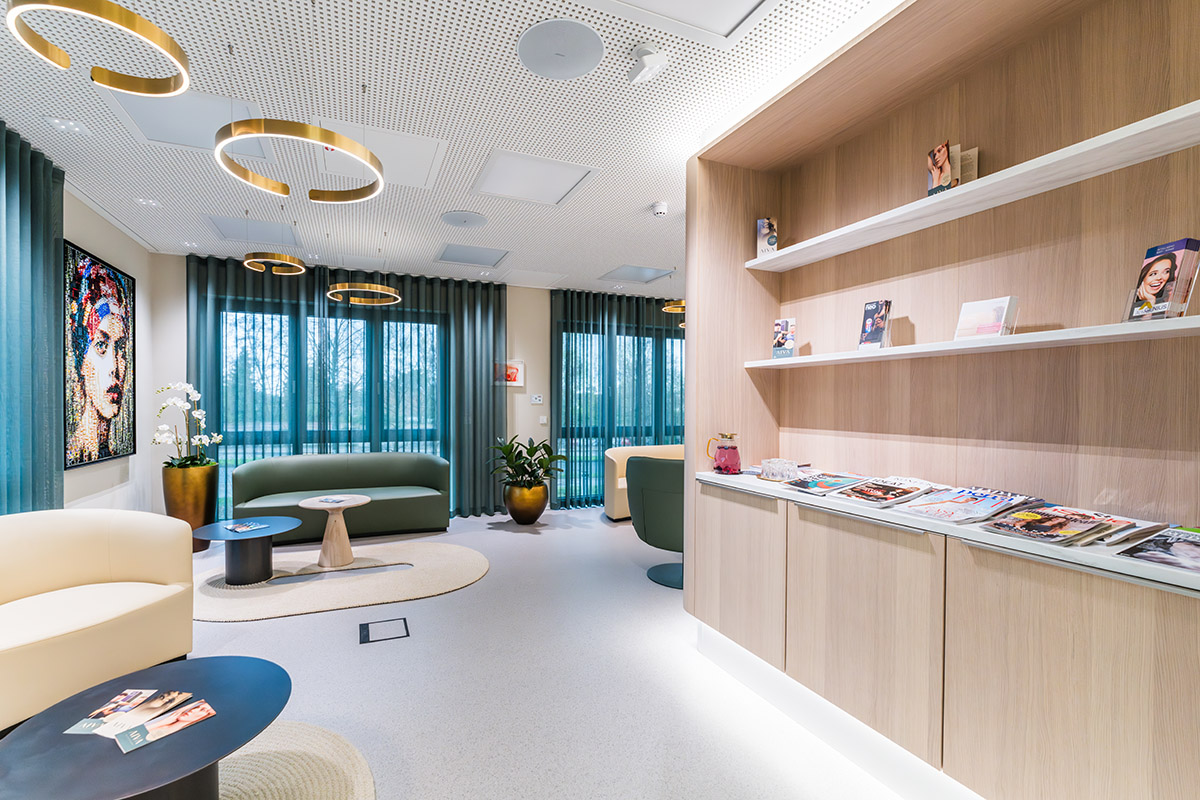LIGENTEC SA: A chip revolution
TEXT: SILKE HENKELE
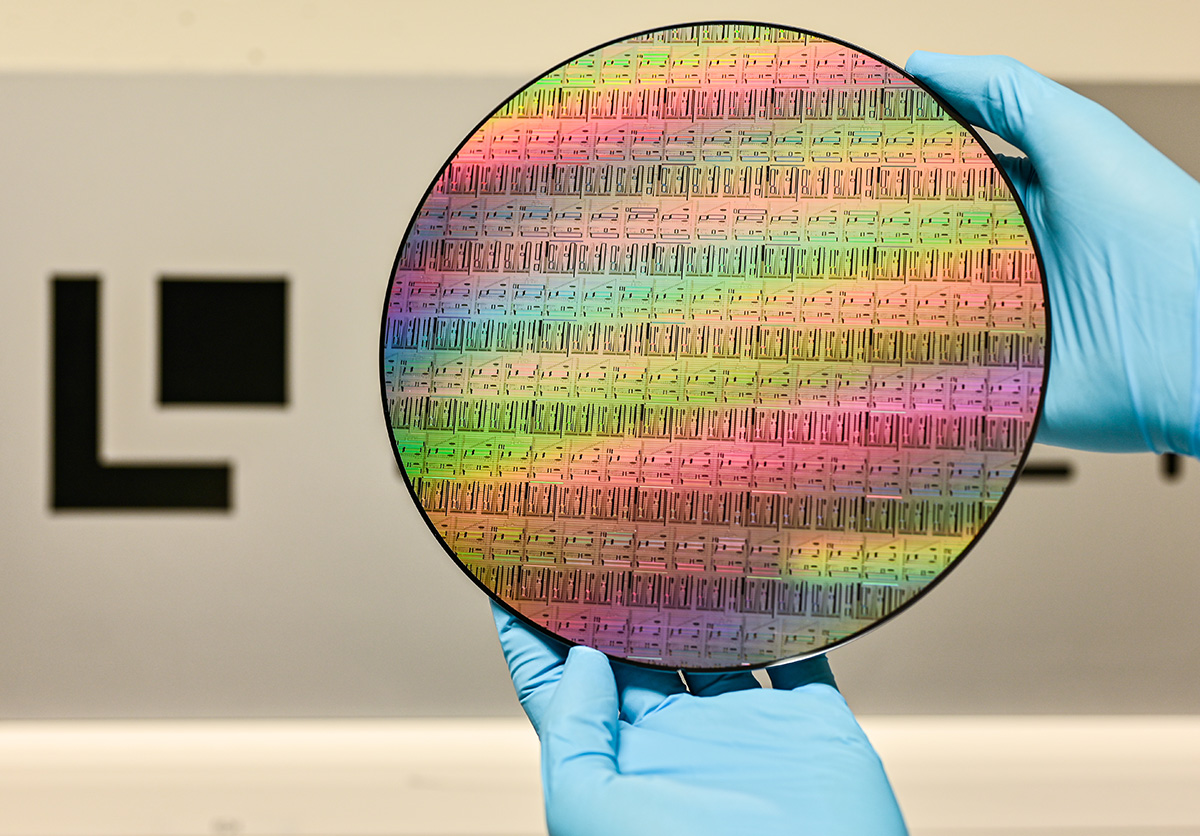
200mm wafer with photonic circuits. Photo: Michelle Chérancé
Remember the first computers? Huge machines that could be as tall and wide as a house. The technology inside was just as bulky and complex.
“Well, that was before microprocessors came on the market,” recounts Michael Geiselmann, co-founder and managing director of Swiss company LIGENTEC SA, a spin-off from the Swiss Federal Institute of Technology in Lausanne (EPFL), which is based on the pioneering work of Professor Kippenberg’s laboratory on low-loss silicon nitride.
“Imagine,” Geiselmann continues, “the first chip had 2,250 transistors, a modern, standard microprocessor chip today can have up to 153,000,000,000 transistors. There are worlds between these technologies!”
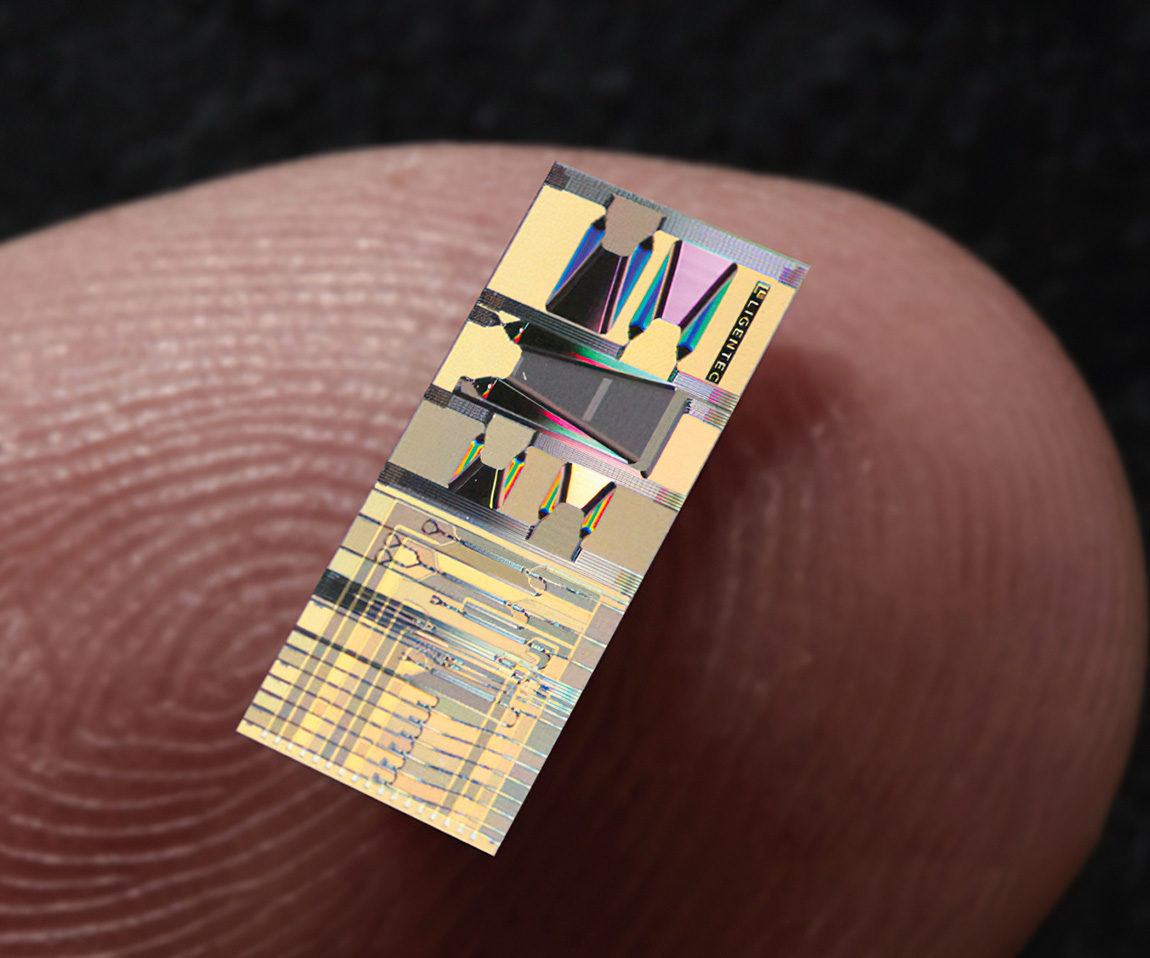
Photonic Integrated Circuit on a Fingertip.
Keeping in line with the downsizing of computers as well as the upscaling of microprocessors, LIGENTEC is set to revolutionise the market with its optical chips (Photonic Integrated Circuits – PICs) – chips that are powered by light.
“PICs are needed for high-bandwidth applications such as data centres and telecommunications, where they are implemented in transceiver modules. Furthermore, new and emerging products such as autonomous driving sensors or the new era of quantum computing will be enabled with this new generation of chips,” informs Geiselmann.
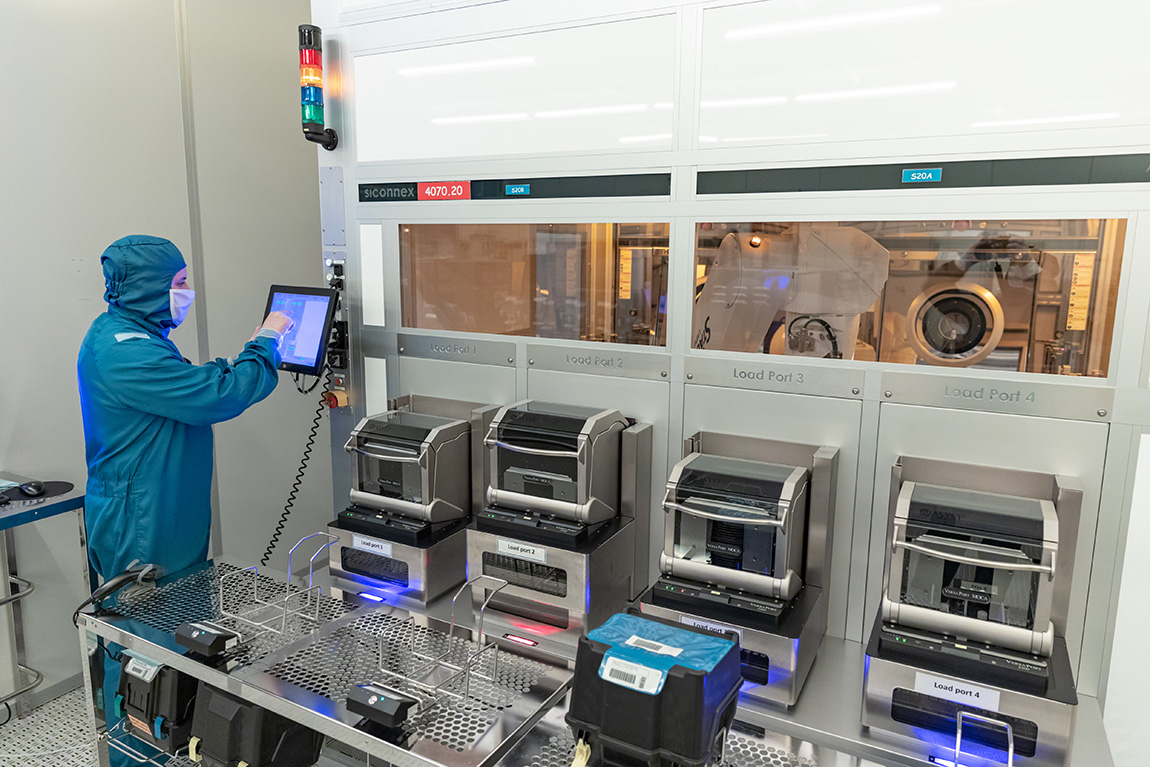
Tools in volume fabrication site in France. Courtesy of X-FAB
LIGENTEC has developed a manufacturing process that results in extremely low losses of the light contained on the chip. “This is very important for many of the applications mentioned above. In quantum computing, for example, if there is less light (photons) you have less computing power. Data centres can save huge amounts of energy by having low photon losses on the chip.”
For Geiselmann, LIGENTEC’s role in the world of optical chips is clear: “We are a French and Swiss company with a technology portfolio for PICs. We offer PICs from prototyping to volume production and serve applications such as communication, autonomous driving, quantum computing, biosensing and more.”
“In Europe, we see the importance of building on the technology advantage we have created over the past years and commercialising that technology to enable disruptive applications to strengthen the European industry from SME to large corporations. Collaboration is essential to create a resilient supply chain in Europe and LIGENTEC is proud to be at the forefront of it and have the possibility to shape the chip future out of Europe.”
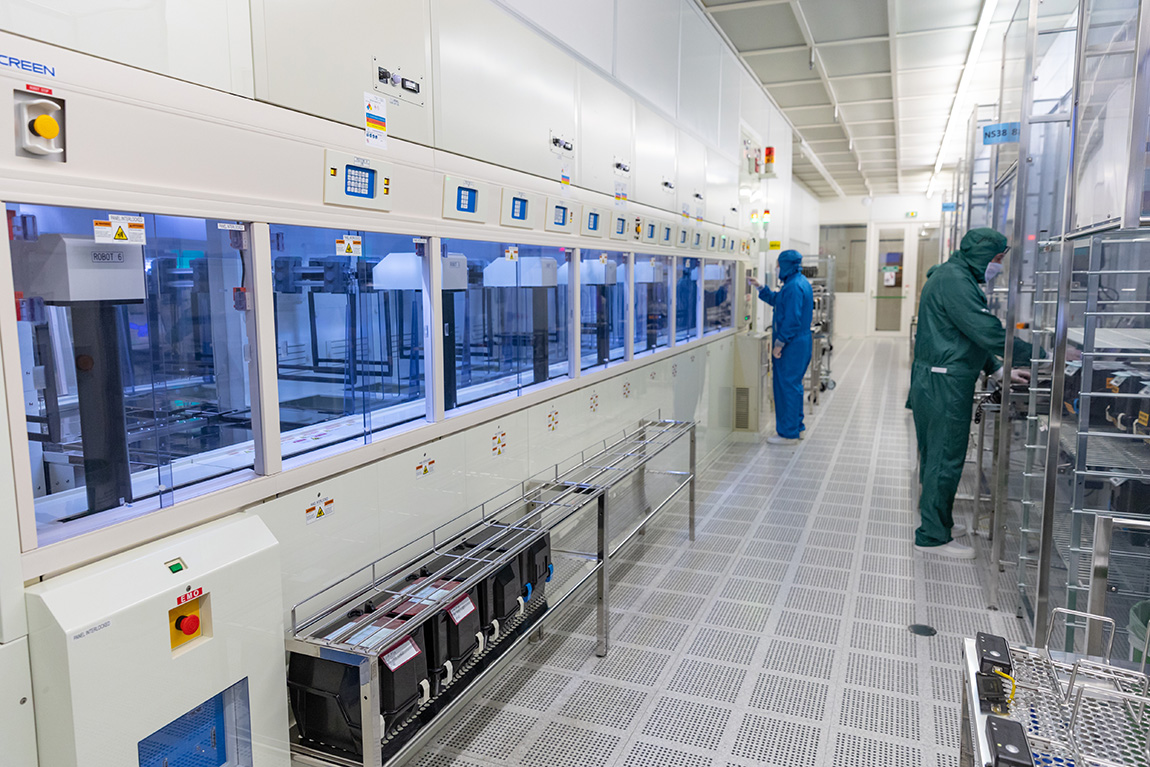
Volume fabrication site in France. Courtesy of X-FAB
Web: www.ligentec.com
Subscribe to Our Newsletter
Receive our monthly newsletter by email


